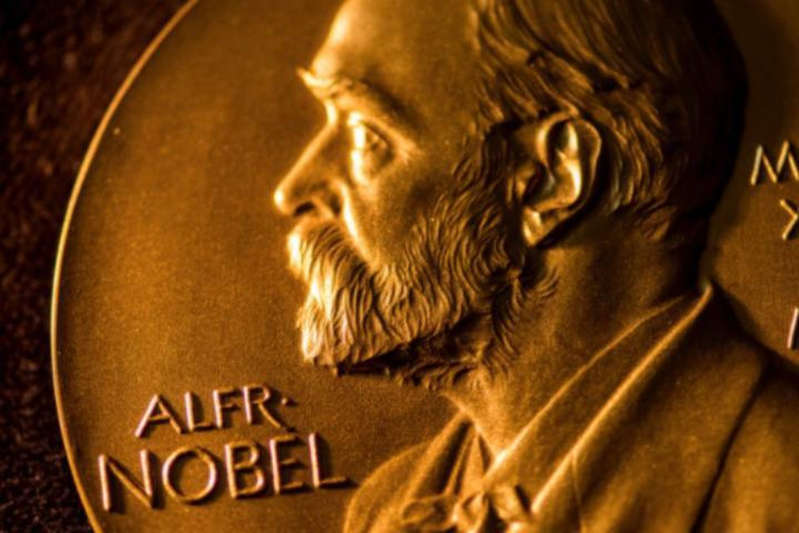
On Tuesday 5 October 2021, The Royal Swedish Academy of Sciences named the 2021 Nobel Prize Laureates in Physics. They were scientists who contributed to the development of meteorology – Japanese-American Syukuro Manabe from Princeton University, USA, German Klaus Hasselmann from Max Planck Institute for Meteorology, Hamburg , Germany) and Italian Giorgio Parisi from Sapienza University of Rome, Italy.
Manabe and Hasselman will share half of the prize – 5 out of 10 million SEK, that is, they will receive a quarter. The other half will go to Parisi.
From the wording of the Nobel Committee, it follows that the Japanese and the German were marked “for the physical modeling of the Earth's climate, quantifying variability and reliably predicting global warming”. And the Italian – “for the discovery of the interplay of disorder and fluctuations in physical systems from atomic to planetary scales. , and in the end, and all together – we saw, figuratively speaking, order in a seemingly unimaginable chaos – in winds, ocean currents, thunderstorms, hurricanes, in vertical movements of air masses – in a word, in everything that makes up a most complex physical system. Namely the Earth's climate. We found patterns there that will now allow us not to guess on the coffee grounds and wait, as they say, near the sea of the weather, but to connect more or less accurate calculations to the predictions of future changes.
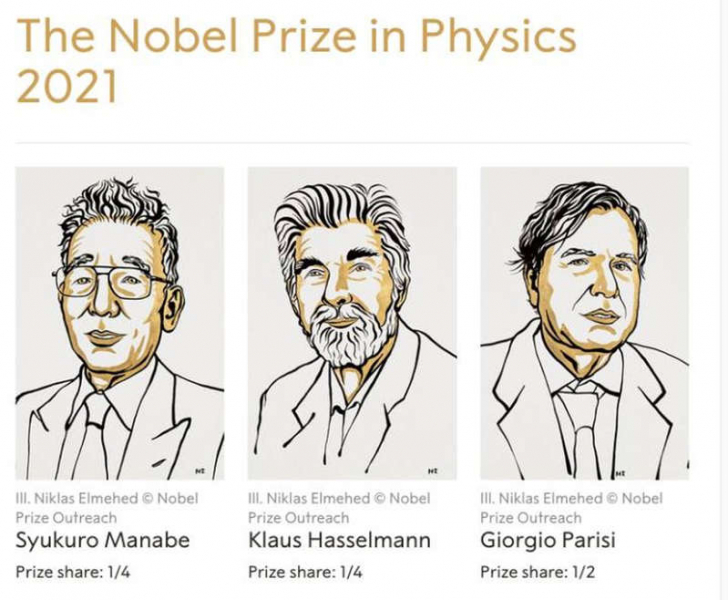
Shukuro Manabe, it turns out, was the first to predict global warming by studying atmospheric updrafts. Back in the 60s of the last century, he demonstrated how an increase in the concentration of carbon dioxide in the atmosphere leads to an increase in temperature at the Earth's surface. Based on the studies of the Japanese, physical models of the climate of our planet were developed.
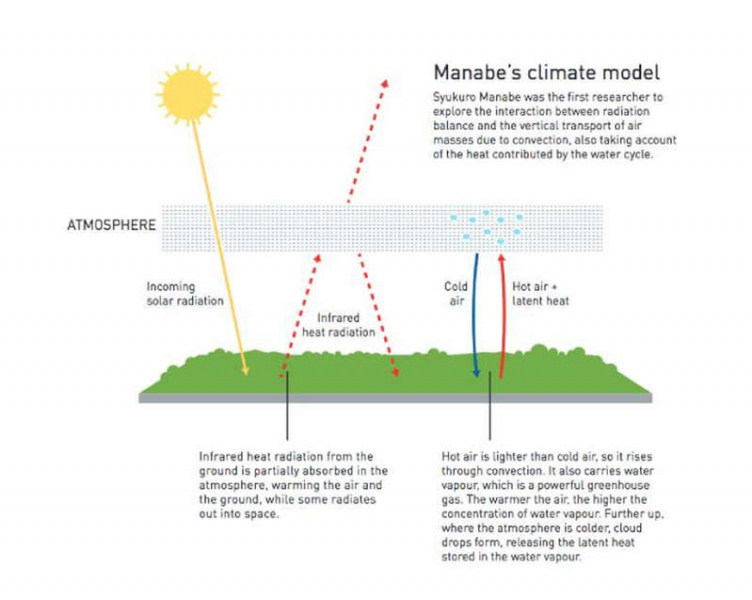
Ten years later, Klaus Hasselman created a model that linked together the fragile and more or less monumental – weather and climate. He showed that the model works and gives very reliable climatic forecasts, despite the changeable and chaotic-looking weather.
The methods that Hasselman applied made it possible to prove that the Earth's atmosphere heats up as a result of human activity – specifically due to the emission of carbon dioxide.
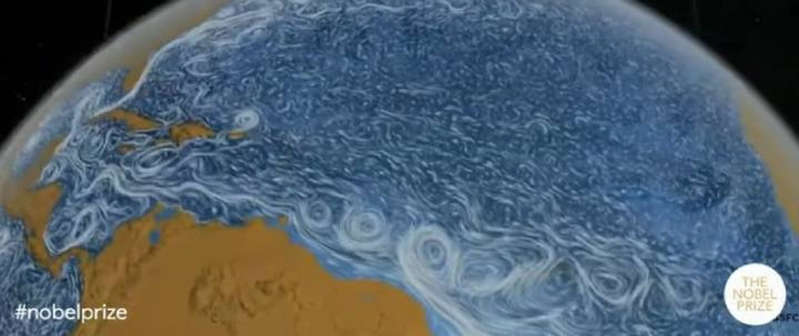
After another 10 years, Giorgio Parisi presented his discoveries, which testified: in any chaos, including changeable weather, there is order. And various phenomena that seem random, in fact, obey some hidden rules. It is not for nothing that he was given not a quarter or even a third, but half of the Nobel Prize – Parisi's research is considered one of the most important contributions to the theory of complex systems. The climate is a very complex system.
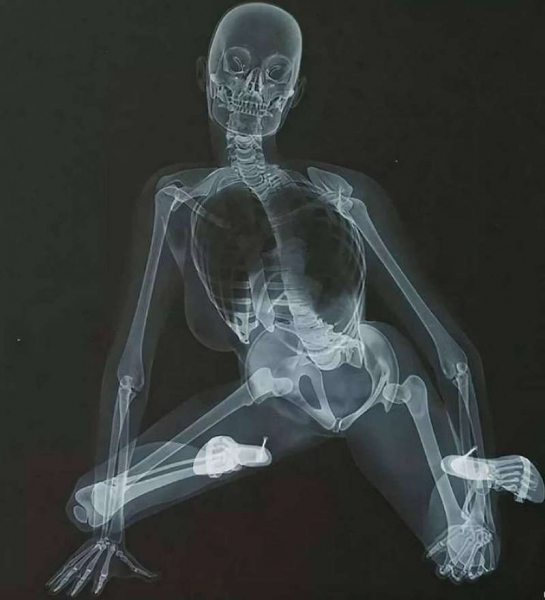
BY THE WAY
Yes, there were people in their time
There are 11 Nobel laureates in physics among Soviet and Russian scientists. The beginning in 1958 was laid by Pavel Cherenkov, Igor Tamm and Ilya Frank “for the discovery and interpretation of the Cherenkov effect.”
1962: Lev Landau “for the pioneering theories of condensed matter and especially liquid helium”
1964: Nikolai Basov and Alexander Prokhorov “for fundamental work in the field of quantum electronics, which led to the creation of emitters and amplifiers based on the laser-maser principle.” In short, for maser lasers.
1978: Petr Kapitsa “for his basic research and discoveries in low temperature physics.”
2000: Zhores Alferov “for developments in semiconductor technology.”
2003: Alexey Abrikosov and Vitaly Ginzburg: for the creation of the theory of superconductivity of the second kind and the theory of superfluidity of liquid helium-3. “
2010: Konstantin Novoselov “for innovative experiments in the study of two-dimensional graphene material.”
TO THE SOURCES
The very first Nobel Prize in physics was awarded to the German Wilhelm R ntgen, who is credited with the phrase “I can see through you all.”

